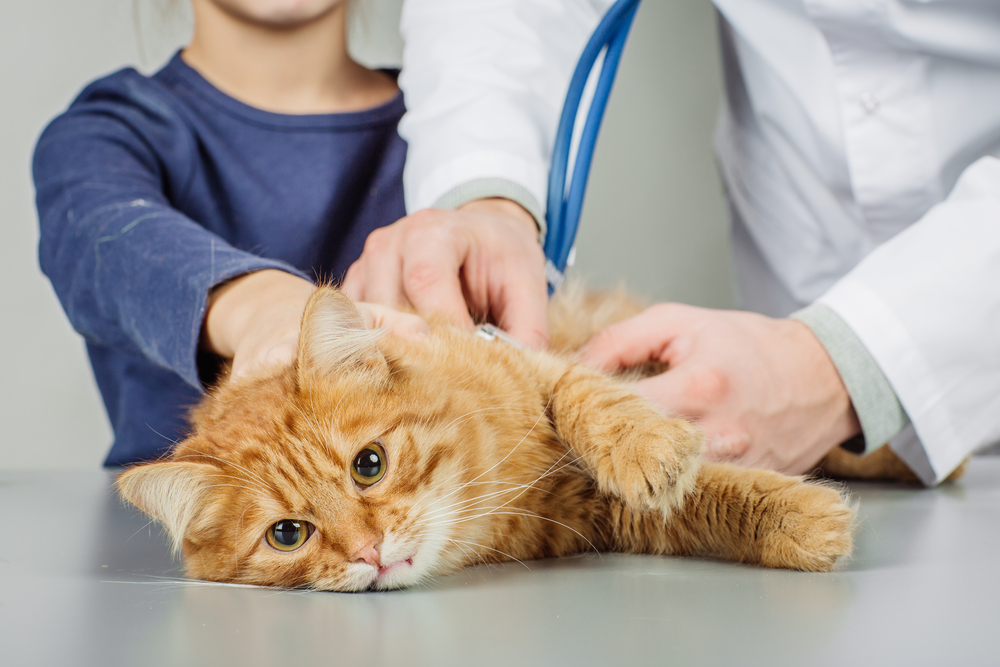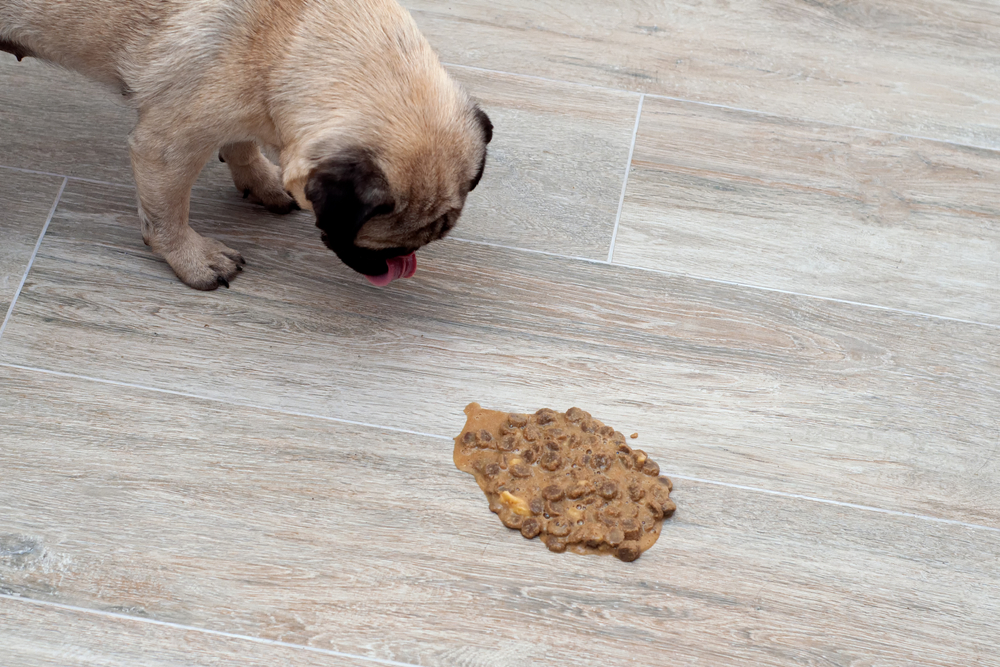The pancreas is a delicate, small, and unique organ situated in the abdomen, near the stomach, that plays vital roles in digestion and endocrine function, including the production of insulin and other hormones that help regulate blood glucose. When your pet ingests a meal, the pancreas activates digestive enzymes and fluids, and sends them to the intestines through specialized ducts. These substances aid in breaking down carbohydrates, proteins, and fats. Its endocrine function makes the pancreas an important player in delivering energy in the form of glucose to all body areas. When inflammatory processes cause pancreas malfunction, a dangerous cascade of events may ensue.
What is pancreatitis?
Pancreatitis occurs when the organ releases digestive enzymes prematurely, or in the absence of a meal. When the pancreas functions normally, these enzymes are inactive as they leave the organ, and head through a series of ducts toward the intestines. However, once they reach their destination, the enzymes and fluids transition to an active state, ready to aid in the digestive process. When the pancreas malfunctions, they activate before they reach their destination, exposing the pancreas to volatile substances. Instead of breaking down food, the enzymes essentially digest the pancreas, causing pain, inflammation, and tissue damage.
What causes pancreatitis?
The exact cause is unknown, but some factors may trigger pancreatitis, including recent ingestion of a high-fat meal. This occurs frequently around the holidays, when pet owners prepare rich foods for the family, and cannot resist offering a taste to their beloved pet. Curious dogs or cats may sneak a sample from the counter or table when you aren’t looking. While seemingly harmless, offering your pet table food can have dangerous consequences.
Other factors that may contribute to pancreatitis include recent corticosteroid administration, concurrent pancreatic disease, and genetics. Miniature schnauzers are prone to pancreatitis, likely in connection with another unique metabolic breed condition. While some pets suffer acute pancreatitis episodes, others deal with a lifelong, chronic condition.
How do I know if my pet has pancreatitis?
If your pet has a history of pancreatitis, you should be wary of abnormal gastrointestinal signs, as flare-ups can occur. Monitor for these signs:
- Recent history of a fatty meal
- Nausea, characterized by drooling or inappetence
- Vomiting
- Fever
- Diarrhea
- Abdominal pain, characterized by restlessness or assuming a “prayer” position, with the front legs on the floor and the hind end raised
In severe, acute pancreatitis attacks, pets may develop shock, depression, or death. Therefore, don’t delay, if your pet develops pancreatitis signs.
How will my veterinarian diagnose pancreatitis?
Diagnosing pancreatitis is no easy feat, but many veterinarians turn to certain diagnostic tests to help guide their assessment. For instance, many pets affected by pancreatitis may have elevated white blood cell counts and pancreatic-specific enzyme levels, or show abnormalities on X-rays, although confirming pancreatitis on X-rays alone can be difficult. Additionally, some pets with pancreatitis retain normal blood values. The preferred imaging modality is abdominal ultrasound, which may be recommended if your pet is experiencing suspicious signs. Occasionally, when diagnostic testing unveils normal results, pancreatitis is diagnosed based on medical history and clinical signs alone.
What treatment options are available for pancreatitis?
Pancreatitis is a painful condition that can make pets extremely ill. While the disease has no cure, symptomatic care becomes paramount in preventing dehydration, alleviating pain, and allowing the pancreas to rest. Most affected pets require hospitalization for a few days to receive intravenous fluids, nutritional support, and a medication series to combat nausea, vomiting, diarrhea, and discomfort. Of course, no two pancreatitis cases are exactly alike—some pets may be sicker than others, and some will require long hospital stays, while others can be cared for at home. Our veterinary team will work with you to determine the best course of action for your pet. If your pet is prone to pancreatitis, a switch to a special, low-fat diet may be needed.
What else do I need to know about pancreatitis?

Pancreatitis can progress rapidly, so recognizing signs and seeking veterinary care as soon as possible can play an important role in prognosis. In essence, the earlier pancreatitis is identified and treated, the more likely a better outcome. Pets who present with shock-like symptoms have a guarded to poor prognosis. A single pancreatitis episode is unlikely to cause long-term problems for your pet, but repeated or chronic episodes may lead to destruction of important cells necessary for producing digestive enzymes and insulin. Secondary conditions, such as digestive problems and diabetes mellitus, also can develop in pets with chronic pancreatic disease.
At Sale Creek Veterinary Services, our veterinary team is dedicated to caring for your pets—in sickness and in health. Contact us with your questions and concerns, or for more information regarding pancreatitis in pets.







Leave A Comment